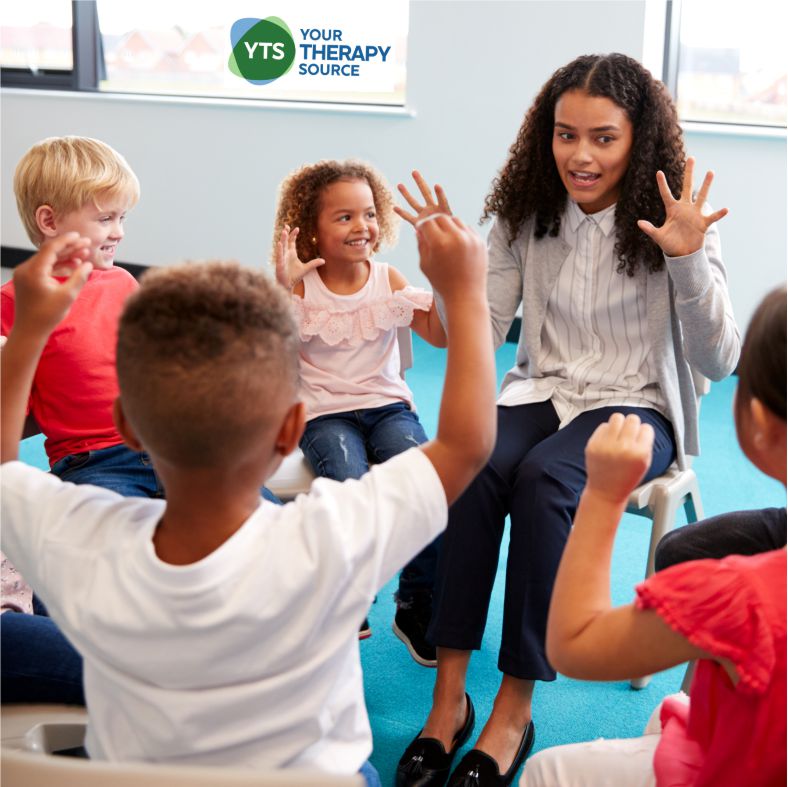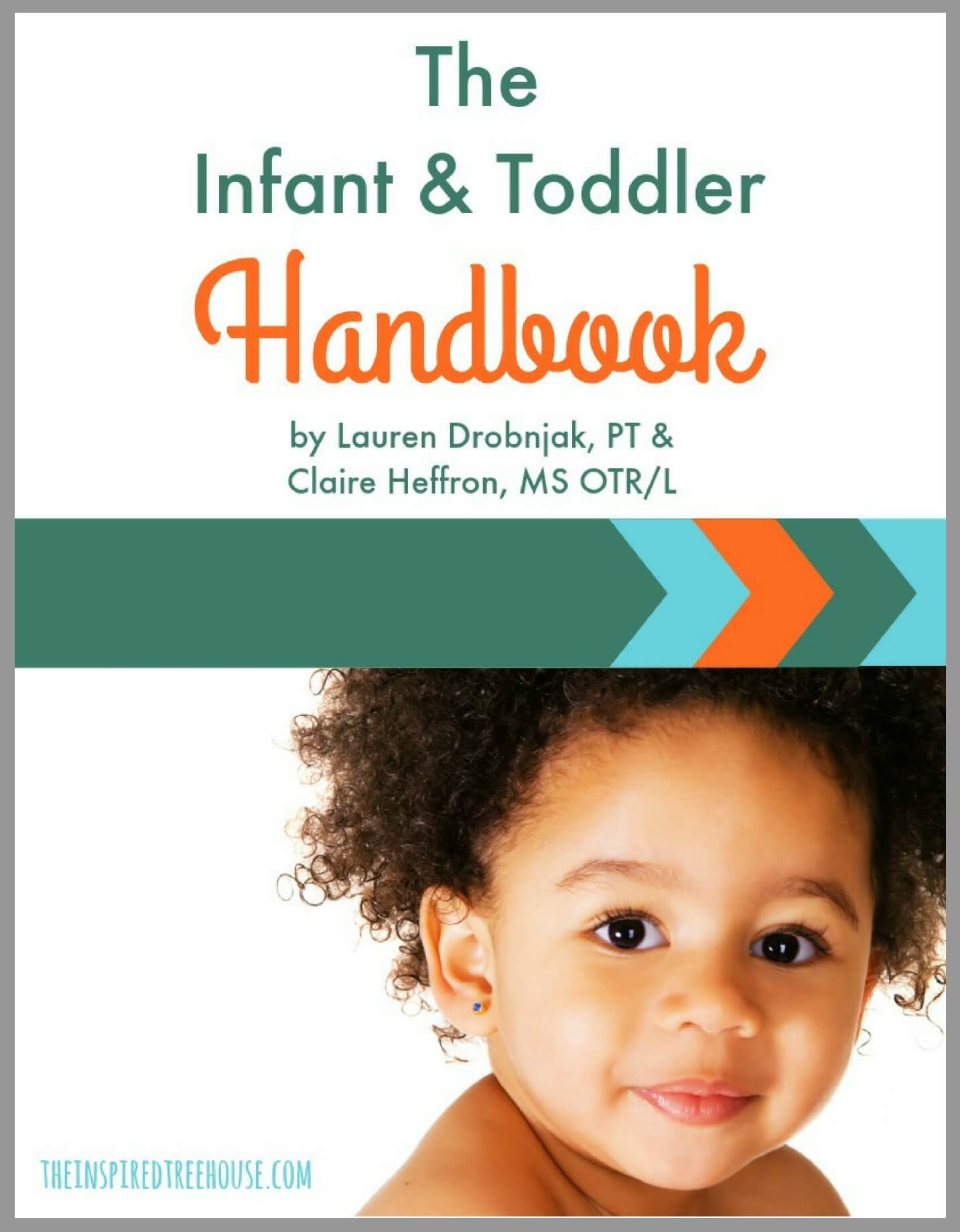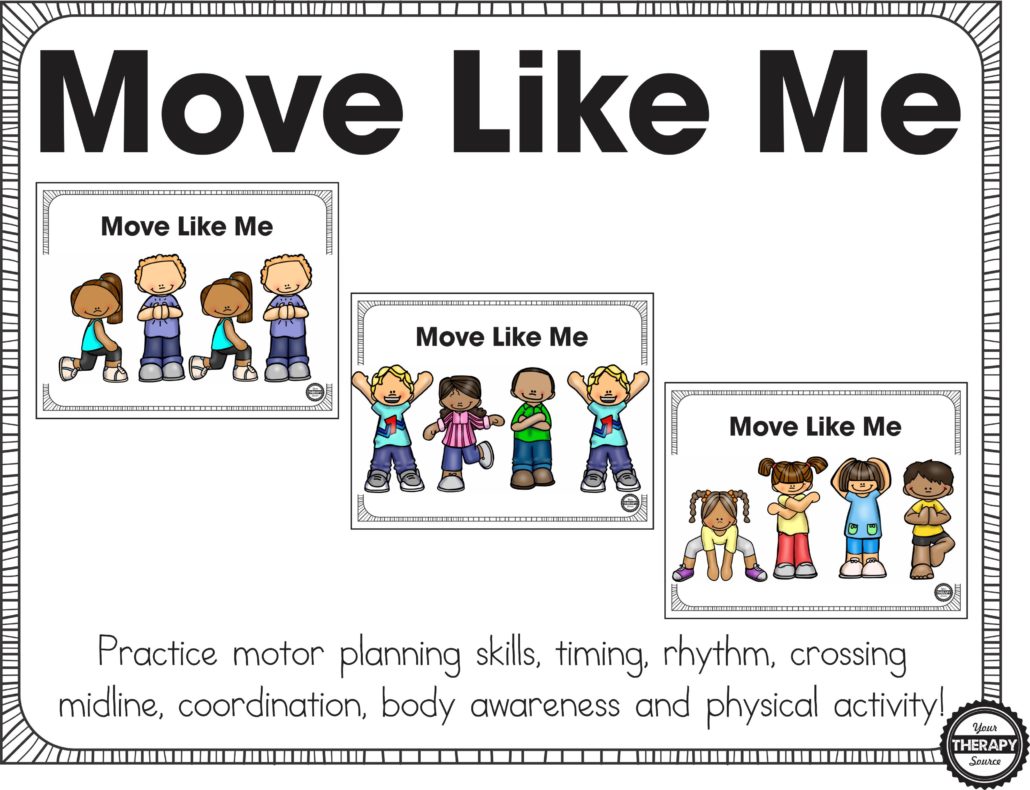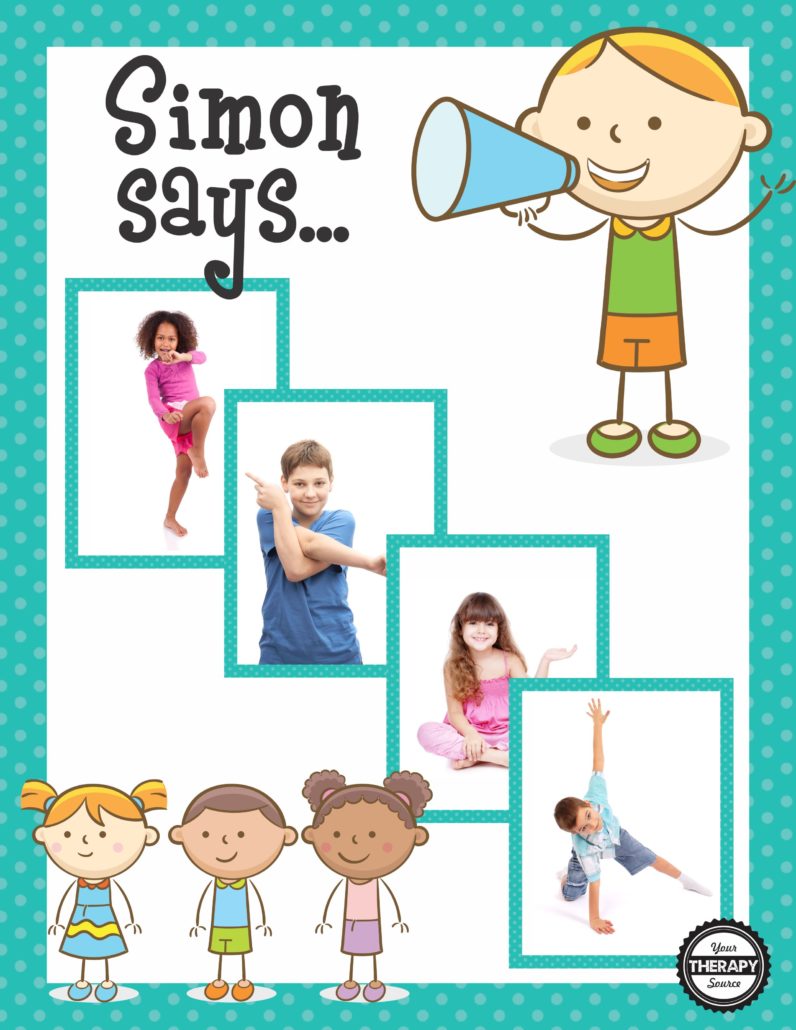Activities to Improve Imitation Skills – What Does the Research Say?
Starting in infancy, children begin to develop skills through imitation. For young children with disabilities, this can be a more difficult skill to master due to cognitive, social, emotional, or motor skill deficits. Educators, therapists, and parents can try various strategies and activities to improve imitation skills in young children with disabilities.

What Does the Research Say on Strategies and Activities to Improve Imitation Skills?
A research review investigated current intervention research for increasing imitation for young children with disabilities. Thirty four unique sources were discovered including assessments of different types of massed trial (trials occurring in quick succession in a single session) and embedded trial interventions (trials that are interspersed during ongoing activities).
The results indicated that positive outcomes were more likely to occur when dependent variables were primary (i.e., not secondary to another dependent variable) and context-bound (i.e., collected during intervention sessions). Both massed and embedded trials may be effective for improving imitation for at least some children.
When only primary variables from high-quality studies were considered, embedded trials more often resulted in functional relations.
Recommended Strategies and Activities to Improve Imitation Skills
The researchers recommended the following based on the early results of the research review:
- Include cues, prompts, and rewards throughout planned, systematic, and frequent instruction.
- Start young and teach imitation to toddlers. – The interventions that were the most successful included more toddlers than preschoolers.
- Focus on function. – The instruction should be individualized and based on functional learning and social goals.
- Change the environment. – Practice and teach activities to improve imitation skills in different contexts such as during play with a caregiver and classroom time.
Further research is needed to determine for whom and under what conditions each intervention type is likely to result in the best outcomes.
Reference: Ledford, J. R., & Windsor, S. A. (2020). Systematic Review of Interventions Designed to Teach Imitation to Young Children with Disabilities. Topics in Early Childhood Special Education, 02711214211007190.
Resources to Help Practice Imitation Skills
The Move Like Me download includes action poses for children to practice motor planning, crossing midline, body awareness, timing, rhythm, coordination and physical activity. This is a NO PREP activity. Simply print and play or project onto the whiteboard or tablet. There are 4 poses per page ranging from easy to hard.
Move your body to match the exact same body positions as the picture cards with this Simon Says digital download. It includes 68 body position cards with photographs of children.





